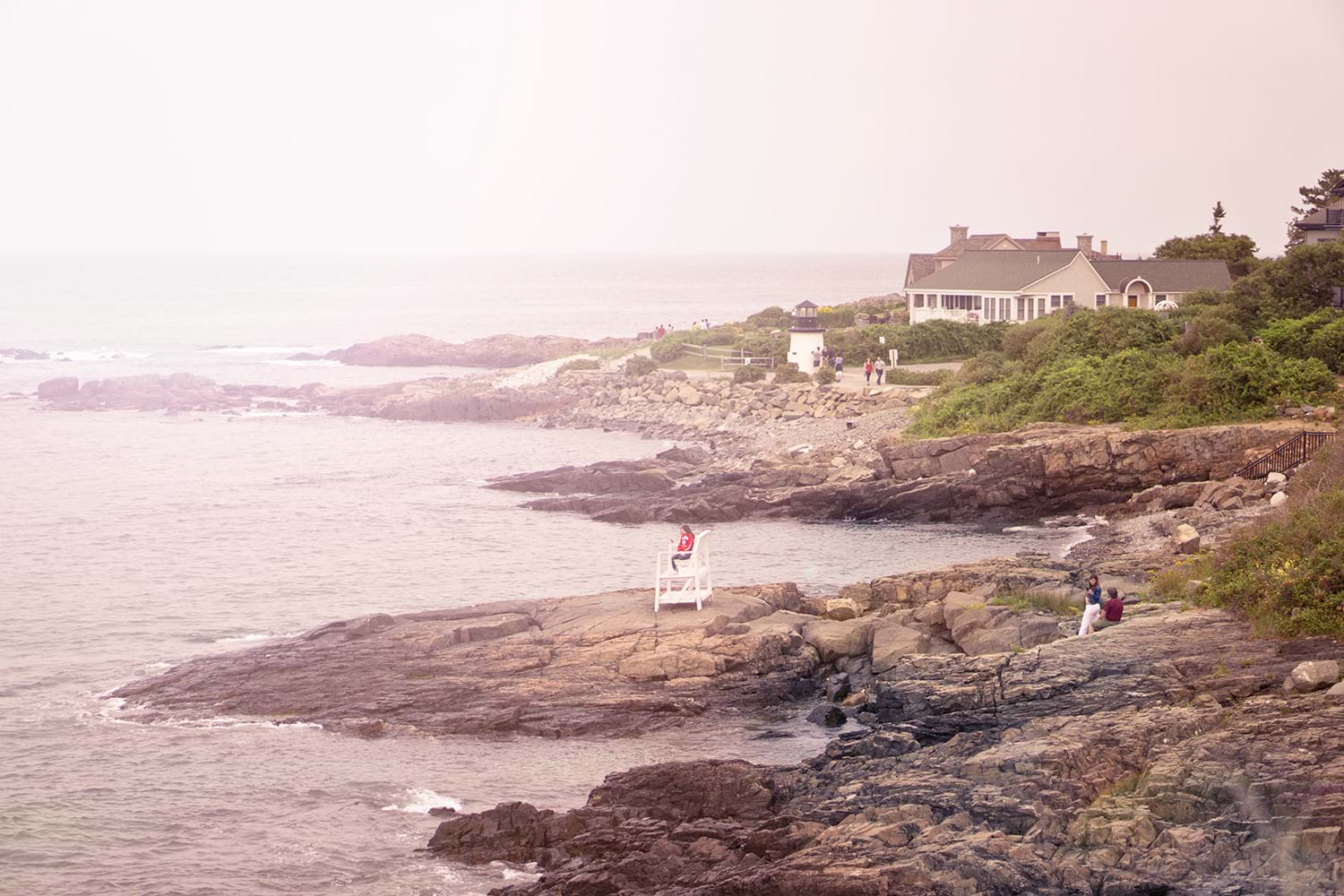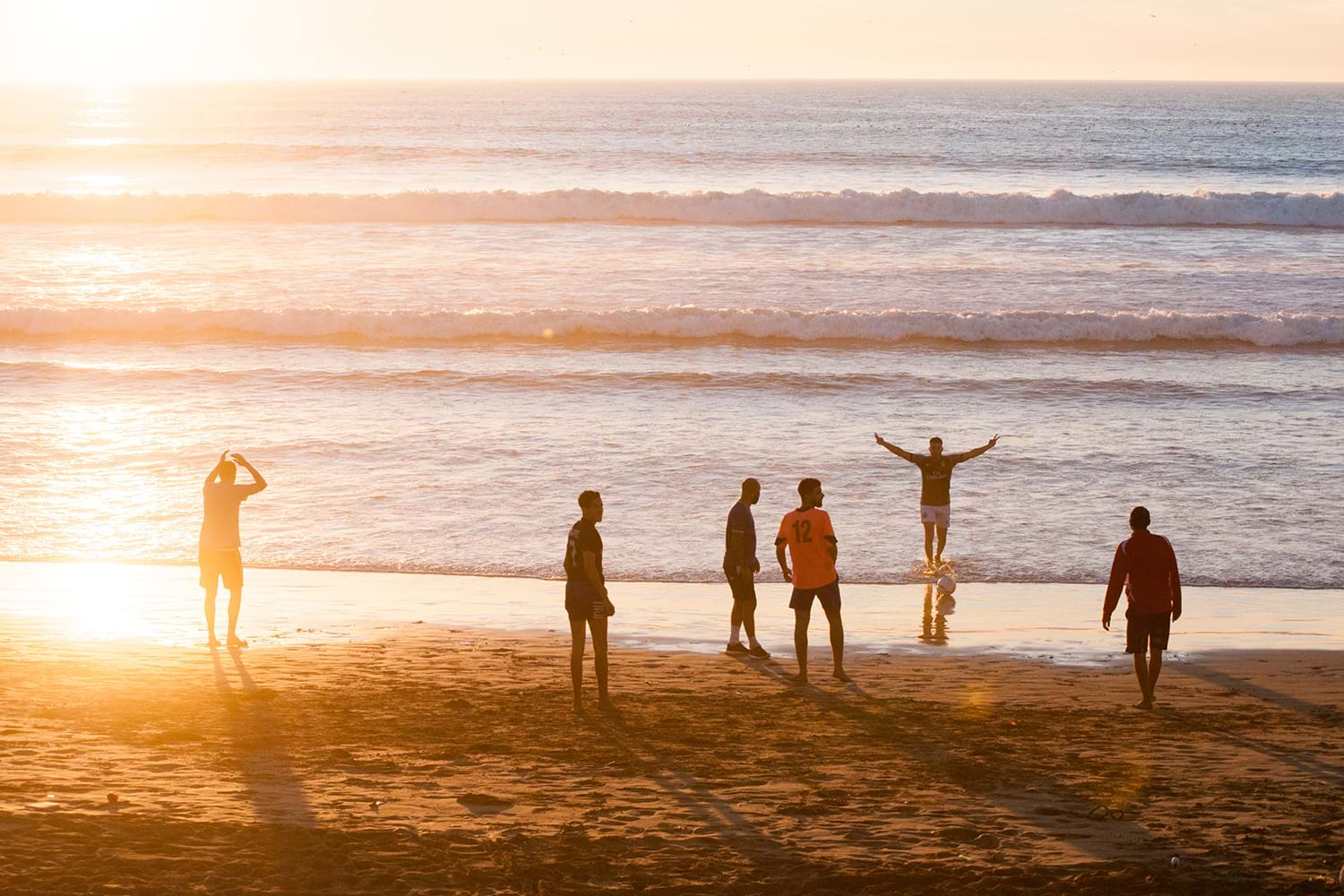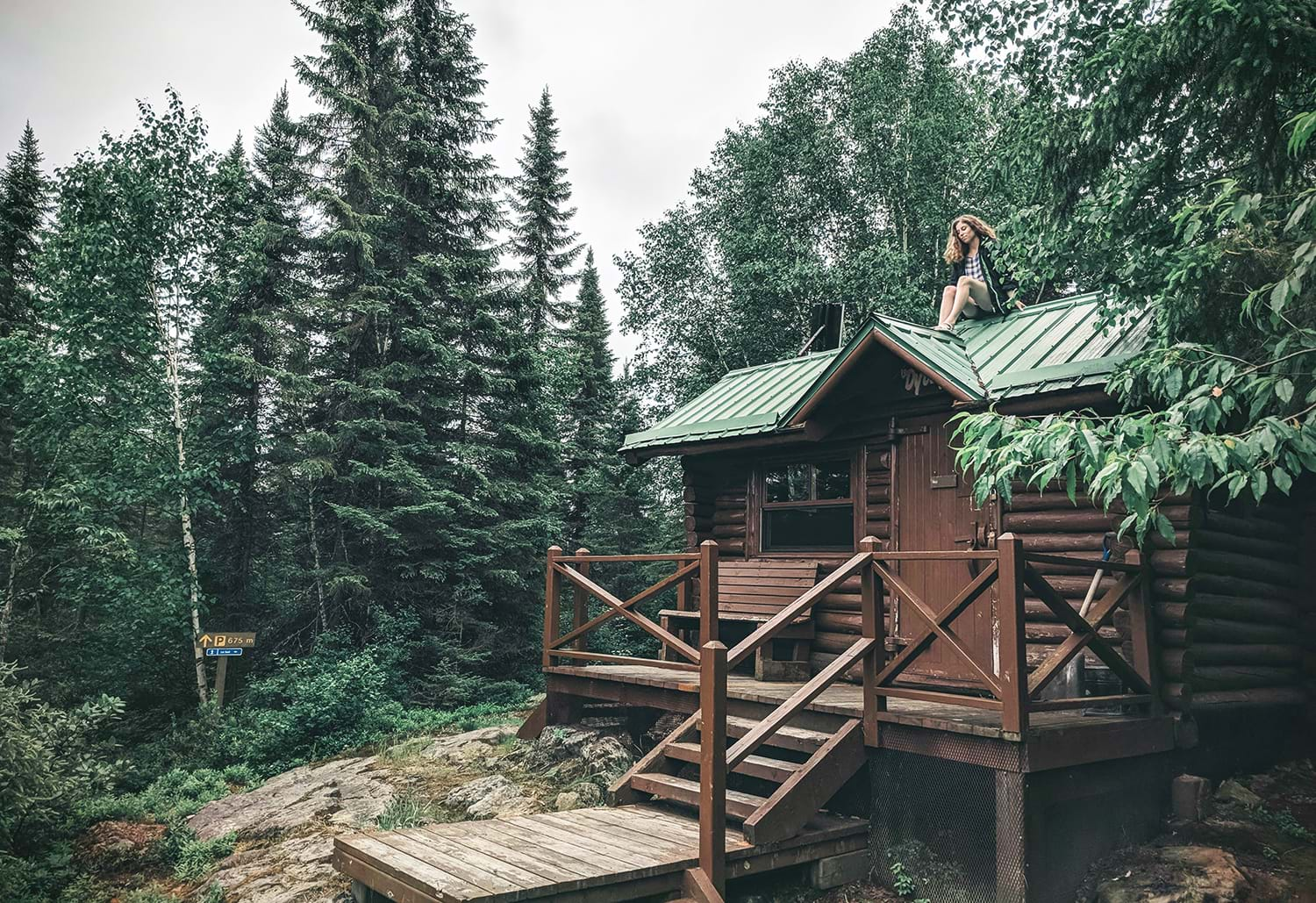 Photo by Gunnar Ridderström on Unsplash
Photo by Gunnar Ridderström on UnsplashVACATION RENTAL SAFETY
While vacation rentals have kept going strong right through the pandemic, they represent a different sort of vacation, and there are special steps you should take to ensure vacation rental safety.
A rental-based vacation has ample virtues: More space, more privacy, great choices of lodging options, the entire family under one roof, the ability to do your own cooking and disinfecting … and very often a lower price per person.
Vacation rentals are different, though. They come with their own set of must-dos and caveats.
If you’re considering a home or condo rental for your next vacation, keep in mind that when problems arise, they tend to come from one of two areas:
1. The property
2. The people you’re staying with
The following tips will help you deal with both areas and will help pave the way to a relaxing and memorable rental vacation.
 Photo by John Schnobrich on Unsplash
Photo by John Schnobrich on Unsplash
PROPERTY TIPS
1. Do your detective work
A vacation rental is like any online purchase, so check out reviews and corroborate statements before you book.
For instance: Can you use Google Maps’ satellite imagery or Google Street View to get a different perspective on a prospective rental property? Generally, yes … but you won’t know until you try.
In an ideal world anyone could inspect a home’s views, location and condition first-hand before renting. In our imperfect world, sometimes you have to use your wits.
Gain as much intelligence as you can from friends who have vacationed in the area or resources like Google and YouTube, read reviews, then call the owner to ask the questions that really matter, like:
- What’s the neighborhood like? Loud or quiet?
- What are the neighbors like?
- How far to the beach/shopping/dining/the city/the country/attractions?
It’s also acceptable to ask for additional pictures or a video tour if you want to see more.
You can also do this research in advance. The next time you go to a favorite destination, scope out potential rentals in person.
 Photo by rupixen.com on Unsplash
Photo by rupixen.com on Unsplash
2. Rent with a credit card
Credit cards often have protections that can remove charges from your account if the product or service you purchased wasn’t as advertised.
For that reason, put your vacation rental on a credit card if you can. Never send cash or a cash equivalent like Venmo to anyone you don’t trust. If you can’t pay with a credit card, leave a paper trail, even if it’s a bank transfer, cashier’s check or debit card.
Here’s another reason to protect your purchase with a credit card: While vacation rental sites want you to have a great time at the properties they represent, they won’t always back you up if you ask for a refund.
The Vrbo Book with Confidence Guarantee offers payment protection only in case of fraud or withholding of your damage deposit, and the Airbnb Guest Refund Policy is set up similarly.
3. Read the fine print
Spoiler alert: If you’ve never done a vacation rental before (or even if you have), you’ll have to put down a deposit. Before you send any money, though, read the contract thoroughly and know what you’re paying for.
Think of a vacation rental contract the same way you would a cellphone bill; there are going to be additional fees, and your job is to find out what they are.
And as long as you’re reading fine print, read and understand the cancellation policies. They may be an even bigger deal than the amount due.
 Photo by NeONBRAND on Unsplash
Photo by NeONBRAND on Unsplash
4. Understand maintenance and cleaning
Prepare yourself, because things may happen to your vacation rental during your stay, and unlike a hotel, there often isn’t housekeeping or maintenance right there on call on 24/7.
Because of these facts, remember to ask for maintenance information before you book and request contact information before you pay.
While we’re on the topic, we’re still dealing with a pandemic, so asking about cleaning and sanitation protocols is a good idea. That extends to reading the rental agency’s fine print about what makes a destination uninhabitable.
5. Check out the safety aspects of your rental
Before everyone piles into the vacation rental, someone should do a safety sweep of the property, looking for things like:
- Open outside staircases
- Slip-and-fall hazards, especially in bathrooms and kitchens
- Wonky electricals
- Overhanging tree limbs
- Unprotected upper-story porches
- Rickety decks and docks
- Protruding rocks and other sharp surfaces
- Upper-level unscreened windows
- Non-functioning locks
Don’t play Debbie Downer with this information, but if the area where people are going to come in dripping wet from the beach is smooth, slippery stone, just point that out dispassionately, without scolding or pointing fingers.
If things are really unsafe, contact the owner and/or maintenance and have it fixed. At the very least, leave a note for the owner and/or mention it in your review. That tends to get people’s attention.
 Photo by Matthew Fournier on Unsplash
Photo by Matthew Fournier on Unsplash
6. Be water-smart – especially when kids are involved
A beachfront rental sounds ideal for the whole family – and it can be. However, that beach faces a stretch of unfamiliar water that may include rip currents, sharp rocks, dropoffs, undertows, and even dangerous marine life like stinging jellyfish or sharks.
Understand the characteristics of the water before anyone dips a toe, and even though many younger family members will want to be in the water at any hour, establish swimming hours and assign adult supervisors.
While kids are in the water, they should stick to the “buddy system.” Reinforce the concept with regular buddy checks.
PEOPLE TIPS
These tips aren’t so much about safety as they are about getting along without killing each other … which is a form of safety, when you think about it.

1. Know your group
Many rentals are group rentals, and group rentals carry a set of expectations. Chief among those is the expectation that group members share proportionately in the costs, the decisions, and the chores.
With that said, not everyone is in the same place financially or physically. For instance, it’s possible that the grandparents may be better able to shoulder additional costs but less able to take on many chores.
That’s cool; just make sure everyone in your group is aware of and is on board with how costs and responsibilities are going to be split. Again, they don’t have to agree with everything, but if you’re fair everything should work out.
Emphasis on “should.”
2. Be ready for close quarters
This sounds like a sitcom setup – older children move back in with parents and grandparents – but there’s often nothing funny about three or four generations living in close proximity. And while it’s easy to recommend that everyone just chill, if the kids are screaming and the air conditioning’s not working, chilling may be a couple of solar systems away.
Those commercials that promise cats and dogs living together in harmony in your vacation rental aren’t always the way of the world, so before trouble strikes, sit everyone down (via Zoom if you have to) and talk through how you’re going to deal with more people in less space.
Be sure to discuss the sharing of common areas, most notably kitchens and bathrooms. Moments of real privacy in these locations are likely to be few and short-lived.
For many people, solitude time is an important part of their vacation. If that’s you, plan “getaways” like early-morning walks on the beach or even solo excursions. Be honest about your need to be alone.
 Photo by Ali Kazal on Unsplash
Photo by Ali Kazal on Unsplash
3. Exhibit vocal restraint
Not every person comes equipped with a volume knob or a mute button. Some people are naturally louder than others, and some simply lack filters.
Again, chilling through outbursts and arguments can be easier said than done when everything is just so loud.
The best strategies for dealing with this are:
1. Reminding everyone (not just the kids) to use their indoor voice when they’re indoors;
2. Agreeing beforehand on topics that are off-limits; and
3. Promising yourself that if an argument starts over something that can be put off until later, you’ll put it off until later.
We live in political times, and vacations are not the time to try to convert your political opposites; put off the rhetoric until the next election.
4. Treat grownups like grownups
While you have the talk with all the generations, if you happen to be one of the children in this scenario, remind your parents gently that while you will always be their child, you are not currently a child. You’re a grownup, you do grownup things, and you don’t always appreciate being treated like a kid.
Some parents are not that way – but many are. And it’s best to have the talk before you leave, and not when everyone just wants to enjoy a little R&R.
 Photo by Spencer Davis on Unsplash
Photo by Spencer Davis on Unsplash
5. Be agreeable about meals
The son’s vegan, the daughter’s a carnivore, and the other daughter has “an educated palate.” Sounds like a war in the making.
Get this squared away before you leave. Start a Google Doc and have signups for meal prep and cleanup. Require everyone to pick at least one slot, have cooks list and describe what they’re planning to cook, and instruct cooks and consumers to be empathetic towards each other.
Will there still be that meal of curried sweet potatoes with swiss chard that forces a faction of the family to order takeout? Yeah; that’s totally gonna happen. But you really can’t please everybody – and often it’s counterproductive to try.
6. Establish a no-judgment zone
While a family vacation does not give some family members carte blanche to live la vida loca at everyone else’s expense, it is a time to suspend many of your temptations to judge the others in your group.
That means alternative lifestyles, significant others, financial decisions, parenting styles, and many questionable choices from the past simply need to be tolerated. Establish boundaries for behavior everyone can live with, and then let everyone live within those boundaries … and focus on the good in everyone.
Speaking about focusing on the good, travel insurance provides multifaceted protection for vacationers who choose to rent their lodgings, enabling vacationers to focus on what’s good about their travels. Get a quote today and see how it can help.
Questions About Travel Insurance?
Check out our online guide, "What Is Travel Insurance All About?" We've provided in-depth answers to all your travel insurance questions, starting with the basics.